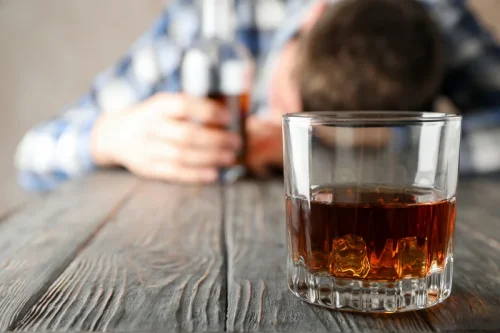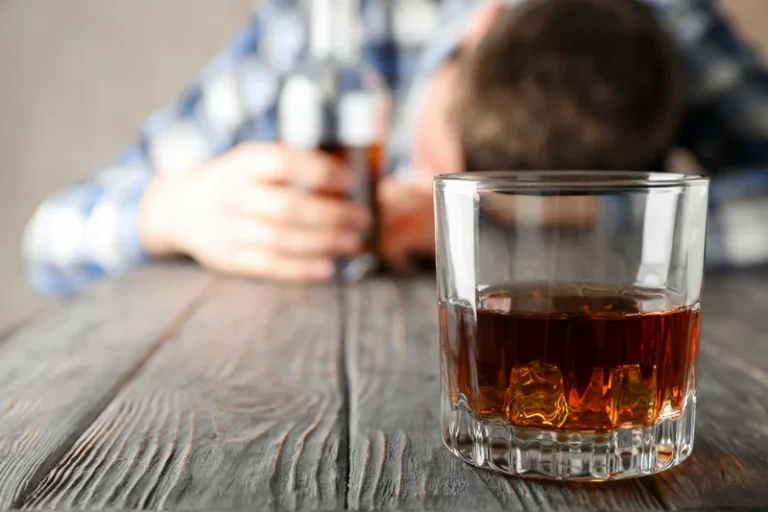
Although relapse is often a part of the recovery process, a single mistake doesn’t mean that you’re falling back in the grips of addiction. There’s a difference between a momentary slip-up and a full-blown relapse. Many people in going back to rehab recovery face situations that challenge their sobriety. In others, it means falling back into addictive patterns and needing to go through a full treatment program again. Take the first step toward addiction treatment by contacting us today.
How Do I Stay Sober After Rehab?
This is because people who relapse will often use the same number of drugs or drink the same amount of alcohol that they did before going to rehab. He utilizes positive psychology as much as possible during his counseling sessions. Positive psychology is a treatment approach that believes all people want to lead fulfilling and meaningful personal and professional lives.
Learn About Treatment Types
In summary, if you have relapsed after treatment it does not mean you will never find lasting recovery or that it is worthless to try again. Many people relapse, go to rehab a second time, and go on to find lasting recovery. How you think about your relapse is important and can strongly influence the next steps you take.

ASSESSING THE RISK OF FULL-BLOWN RELAPSE
You have a choice to see it as an opportunity to obtain further education and support along the way to long-term recovery rather than as a shameful experience or failure. In fact, as time goes on and these associations are strengthened, dopamine release will increase in response to these environmental drug cues and may be accompanied by strong cue-dependent cravings. Suppose you’ve gone through significant transformations after completing rehab the first time. In that case, you may require a more robust treatment program to help you remember and implement the principles you learned there. Don’t worry, we are in network with over 100 insurances nationwide.
- By integrating these strategies and building a robust support network, you can navigate the challenges of post-rehab life effectively.
- The most important thing to do after slipping back into drug or alcohol use, even just once, is to get in touch with someone that can help you.
- They provide a structured environment that promotes sobriety, offering residents mutual support while they adjust to independent living.
Things to Give Up in Recovery Besides Drugs and Alcohol
It’s important to undergo detox in a medical setting where you can receive appropriate care and support. Cognitive behavioral therapy (CBT) is a mode of therapy commonly used to alcoholism treat addictions. CBT is very useful when it comes to identifying how a person responds to certain triggers — or people, places and things that fuel their desire to use drugs or alcohol.
Romance in Recovery
My goal is for everyone to enjoy coming to work, and for their days to be as productive as possible toward the end of helping people put their lives back together. Mike is highly organized, and plays an integral role in helping families and their loved ones navigate the admissions process. His communication skills, organizational abilities and natural ability to form genuine connections with others are among his greatest strengths.


When you get back in rehab, you can defeat addiction all over again and feel proud of it. Transitioning to life after rehab presents unique challenges but also opportunities for personal growth and sustained recovery. By carefully planning an aftercare strategy, engaging in community support, and prioritizing mental health, individuals are better prepared to navigate the highs and lows of sobriety.
- Open communication about sobriety goals with loved ones can fortify support networks and reduce the risk of social pressures that might lead to substance use.
- To determine whether or not you should go back to rehab after a relapse, it can be helpful to understand the different causes of relapse.
- These long-term rehab centers offer a supportive, 100 percent sober environment.
- Building and maintaining relationships with supportive, sober friends is crucial.
- Explore spiritual recovery’s role in addiction healing, its benefits, challenges, and practical practices.
You’re Not Alone: Relapse Statistics

If you or your loved one have recently relapsed, going back to rehab may be the best option to getting back on the path to sobriety. Many people think that relapsing after completing rehab is evidence of failure, either on the part of the program or the individual. Individuals with an addiction who have recently relapsed can feel overwhelmed trying https://ecosoberhouse.com/ to figure out the next step.
Unpacking the Stigma of Relapse
It is vital for those experiencing relapse to know that it is perfectly normal and in no way means that they have failed or are not worthy of living a happy, sober life. Different programs offer different resources, so make sure you do some research and find a rehab that might offer something you may have missed the first time. We all need a touch-up on the things we are working on sometimes, and a relapse is best viewed as an indication that you need to make some adjustments to what you are doing to maintain recovery.